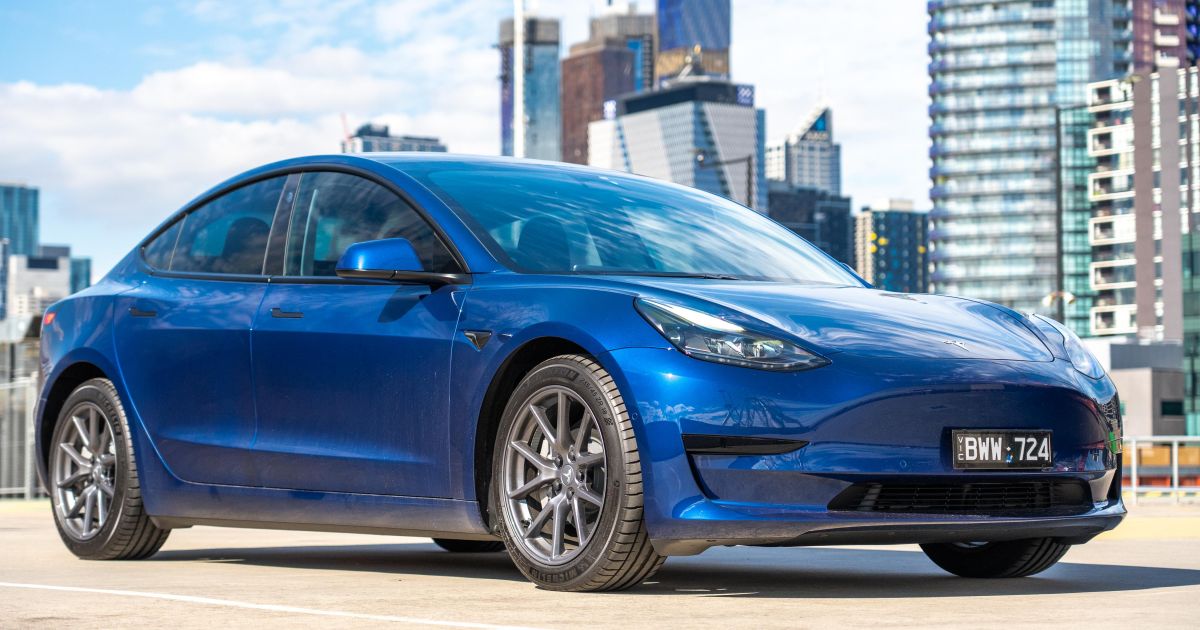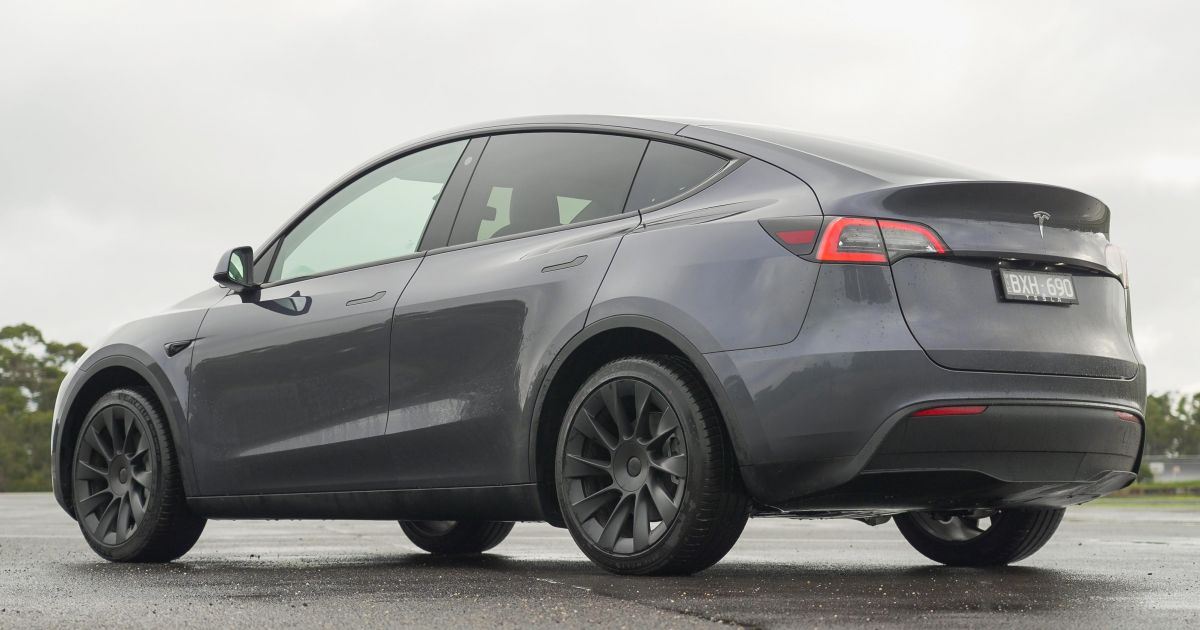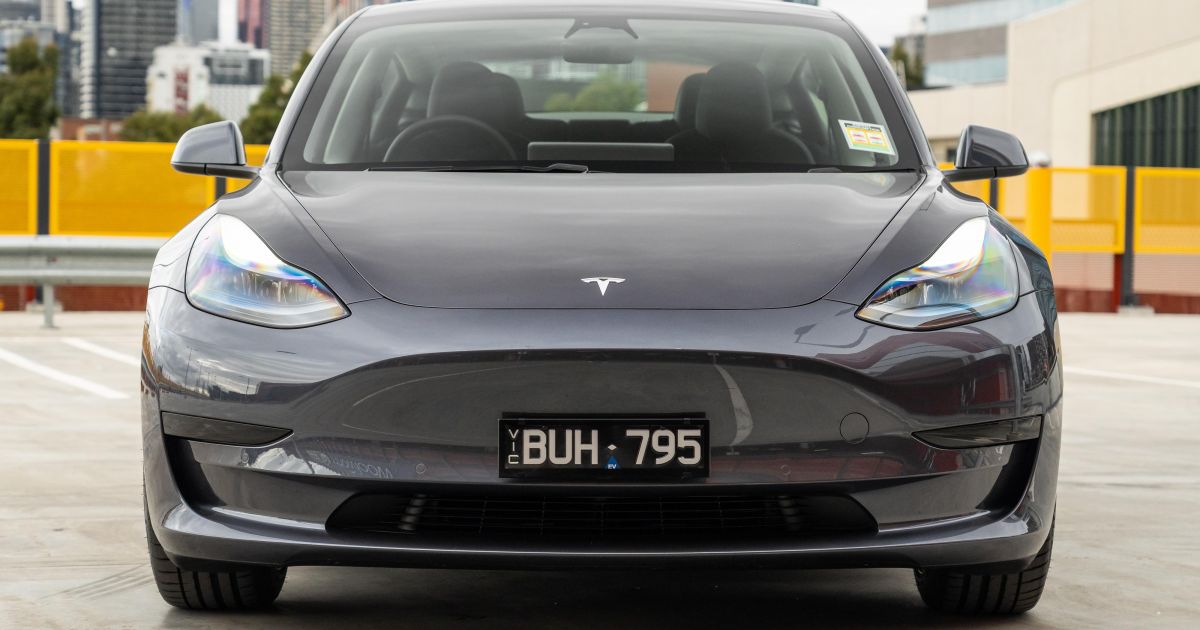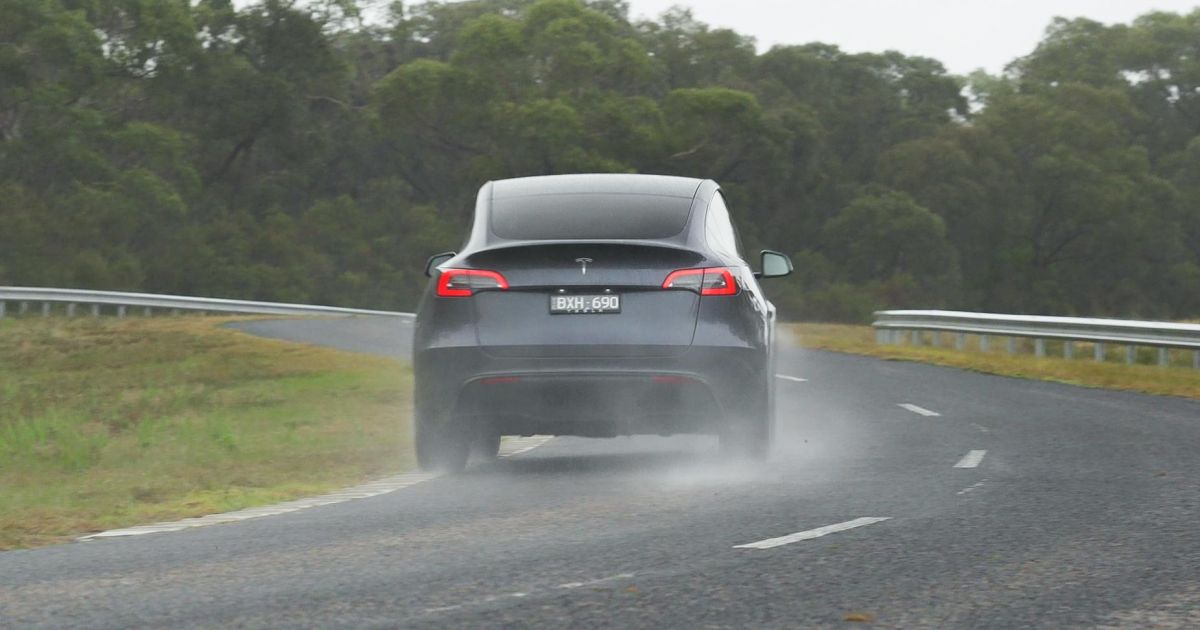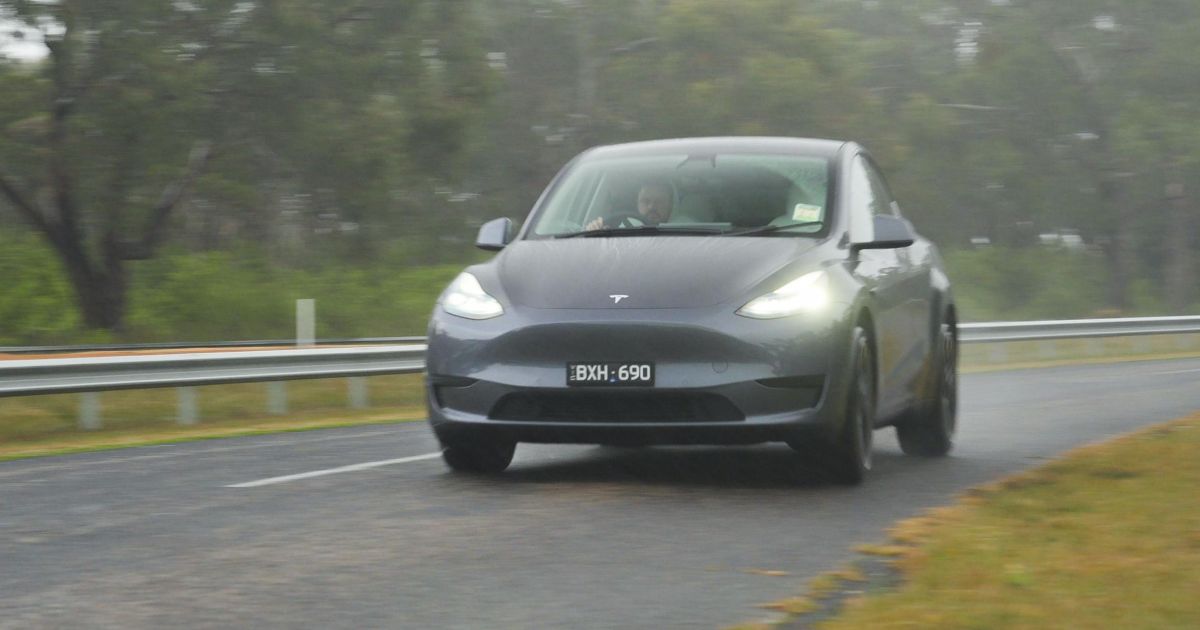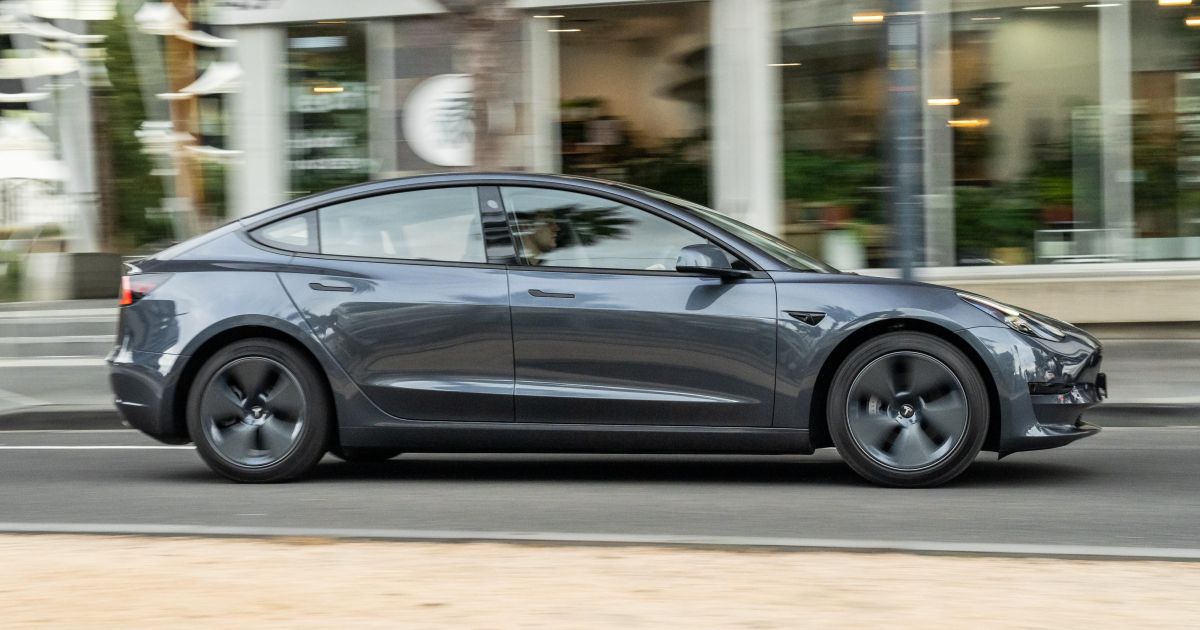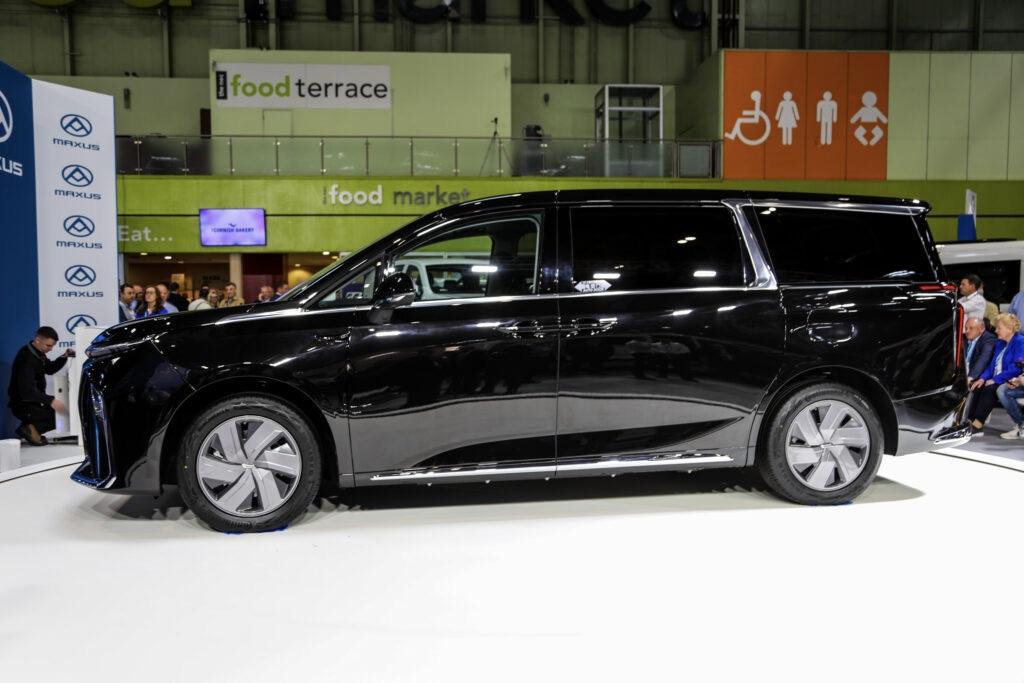EV Council conducts survey of Australian Tesla owners
The Electric Vehicle Council has partnered up with the Tesla Owner’s Club of Australia (TOCA) to create one of the largest surveys of electric vehicle (EV) owners in Australia to date.
In total, 741 Tesla owners responded to the self-reporting survey, which is said to be over 50 per cent of the total TOCA membership.
It’s worth noting that this survey was only conducted by Tesla owners, so it’s not completely representative of all EV drivers in Australia.
The survey provided information on vehicle owner demographics, charging behaviour, and total forfeit ownership, to help proceeds a largest understanding of EV ownership.
The hope is to squire policy-makers plan for future EV uptake, and to build on other research into Australian EV owner preferences.
A small majority (51 per cent) of respondents personal to travel between 10,000 and 19,999km annually, which aligns with Australian Bureau of Statistics (ABS) data from 2020 indicating that the stereotype passenger vehicle in Australia travels 11,100km in the year.
But a remoter 38 per cent said they travelled increasingly than 20,000km per annum.
This result suggests that EVs are likely stuff driven at least as far as petrol and diesel internal-combustion engine (ICE) vehicles, which indicates that EV owners aren’t experiencing driving range limitations.
The EV Council has said that remoter data hodgepodge through the use of telematics may help shed remoter insight into the stereotype loftiness travelled compared to ICE vehicles.
In addition, roughly 90 per cent of respondents reported using public chargers, such as Tesla Superchargers, Tesla destination chargers, and other DC chargers, less than one per week.
This suggests that the majority of charging by survey respondents is stuff washed-up at home.
For those respondents that said they do tuition at home, the survey found that over 25 per cent tuition daily. This suggests that these at-home shower charges are smaller top-ups, instead of larger charging sessions.
In terms of fuel forfeit savings, the survey found that 48 per cent of respondents summate their fuel savings from owning an electric car.
Of those that said they summate their fuel savings, nearly 50 per cent of respondents identified that they save over $2000 per year.
In addition, 48 per cent of respondents said they summate their servicing and maintenance financing compared to an ICE car.
Of those that said they summate their maintenance savings, 41 per cent reported saving increasingly than $1000 per year.
Around 65 per cent of respondents moreover said they don’t follow any maintenance schedule whatsoever. This is expected given Tesla vehicles don’t require formal logbook servicing.
The EV Council has said that remoter research is required to largest understand the components of maintenance savings for EV owners, and over what time period these savings are stuff calculated.
Another interesting fact that arose from this survey included that 51 per cent of respondents were weather-beaten between 50 and 69 years old.
Out of the 741 survey respondents, 731 said what make of vehicle they owned prior to purchasing a Tesla.
The most worldwide trademark reported by respondents was Volkswagen, with a share of scrutinizingly 10 per cent, followed by Toyota (8.8 per cent), Mercedes-Benz (8.1 per cent), Subaru (7.1 per cent), and BMW (6.7 per cent).
This survey of EV owners comes at a crucial time considering the Federal Government is currently designing the country’s first, long-awaited National Electric Vehicle Strategy.
It recently released a promised consultation paper so that Australians can have their say on how policy settings might encourage local manufacturing of EVs, chargers, and other components; write the implications of unthriving fuel excise revenue, potentially through a road-user charge; and support charging infrastructure rollout.
While all of Australia’s States and Territories have various EV incentive plans in place, including the availability of mazuma rebates and tax cuts, the federal government has identified a lack of “coordination and structuring at the national level” that it says must be rectified.
The cadre goals can be widely specified as:
- Make EVs increasingly affordable
- Expand EV uptake and choice
- Reduce emissions
- Save Australians money on fuel
- Increase Australian manufacturing
In a joint statement, Minister for Climate Change and Energy Chris Bowen and Minister for Infrastructure and Transport Catherine King said: “All Australians are encouraged to have their say on how we can transform Australia’s transport sector”.
The full 18-page consultation paper, which you can read here, will be taking submissions until October 31.
MORE: National EV Strategy: Government releases consultation paper





